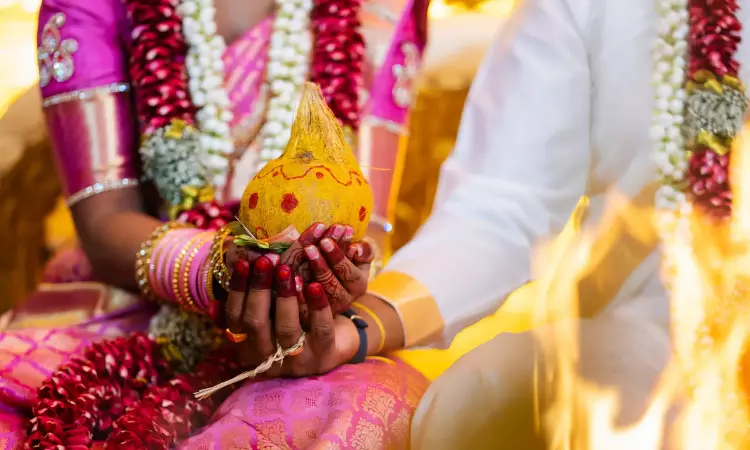Hindu Marriage Not Proven By Mere Certificate Of Arya Samaj/ Registrar, Must Show Saptapadi Or Other Rites: Allahabad High Court
Upasna Agrawal
15 July 2024 12:30 PM IST

Next Story
15 July 2024 12:30 PM IST
The Allahabad High Court has held that marriage certificate issued by Arya Samaj Mandir or the Registrar of Hindu Marriages does not by itself prove marriage between parties. It was held that the one claiming the factum of marriage must produce evidence/ witnesses showing that Saptapadi and other rites and customs of Hindu marriage under Section 7 of the Hindu Marriage Act, 1955...
